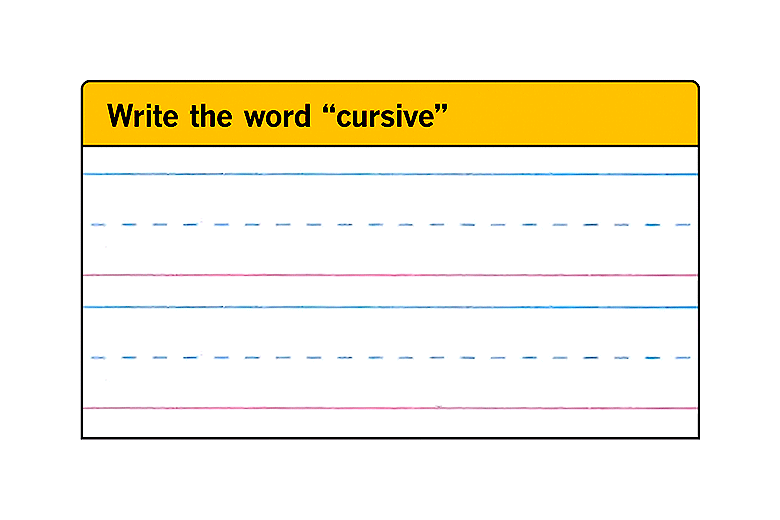Some Freshmen Just Can’t Get It Write : Education: Colleges try dealing with students who have no basic grammar and composition skills. Schools report that it’s a growing problem.
- Share via
CAMBRIDGE, Mass. — Most freshmen at the Massachusetts Institute of Technology can sit down at a computer and, within seconds, communicate with other users in all manner of high-tech parlance.
Communicating in written English, however, can sometimes be a challenge. At MIT this fall, about three-quarters of the 1,100 freshmen must study writing, from basic composition courses to individual tutoring sessions.
Just 17% of the class did well enough on a two-hour essay exam to bypass the requirement; an additional 7% proved their writing competency through advanced placement English exams in high school.
The rest need writing help.
“There’s been a real concern that we not neglect that part of education,” said Leslie Perelman, who coordinates MIT’s writing requirement. “We’re trying to send a clear message that writing is important.”
In past years, about 55% of students did well enough on the writing exam to place out of the English requirement. The students’ writing skills haven’t worsened, MIT says; the institute has just elevated its standards.
“We need to raise our standards,” said Michael Barboza, a freshman from Lamesa, Tex., who plans to study math. “I don’t think we should neglect anything, especially writing.”
That message--and how to convey it--has generated debate among professors across the country as they find more and more students coming to college without basic grammar and composition skills.
“We come to the college level assuming that students have had some kind of experience in figuring out how sentences work,” said Jacqueline Joyce Royster, a professor of English at Ohio State University. “But often we find they haven’t had enough of that.”
Dennis Baron, a professor of English and linguistics who directs the freshman rhetoric program at the University of Illinois, said many of his students have trouble conceptualizing a problem and writing about it in an intelligent way.
About 80% of the nearly 6,000 freshmen at the Champaign-Urbana campus will take a required composition course this year.
But he noted that many of the students attending college today are the first in their families to do so. And many of them are not native English speakers.
At Illinois, which has a large engineering program, “you used to be able to go through the university after you satisfied your freshman composition requirement, and the only things you were asked to write were the letters of your name, the letters A, B, C or D, and T or F for true and false. You can’t do that anymore,” Baron said.
Some colleges resent having to teach students basic grammar and composition. Others have cut back on writing programs to save money.
Those are precisely the wrong things to do, said Judith Goleman, who directs the English program for freshmen at the University of Massachusetts campus in Boston.
Colleges “have a certain degree of responsibility to help students develop their writing rather than presuming they are already prepared to do this kind of work,” she said.
UMass/Boston students must satisfy a two-semester reading and writing requirement, based on a placement test.
Rhoda Flaxman, director of the writing program at Brown University in Providence, R.I., said MIT is doing the right thing by emphasizing writing basics.
Just ask MIT freshman Joann Park of Great Falls, Va. She failed the writing test and is trying to get out of the requirement.
“There are a lot of other classes I’m interested in,” she said. “I’d rather leave room for something I choose.”
More to Read
Sign up for Essential California
The most important California stories and recommendations in your inbox every morning.
You may occasionally receive promotional content from the Los Angeles Times.










